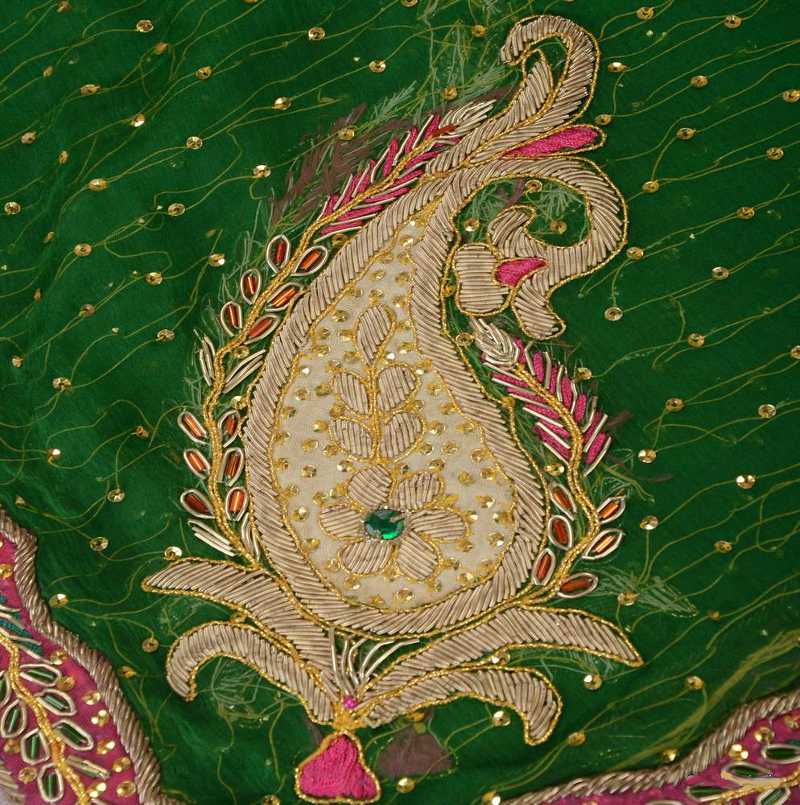===
0276,
4
===

=== |
 |
:tasht : 'A large basin (of tinned copper, or of brass, &c., used for washing the hands, &c.)'. (Platts p.752)
kushtanii : 'Fit to be killed, deserving or worthy of death; to be killed, destined for slaughter'. (Platts p.836)
khelnaa : 'To play, sport, gambol, frisk, frolic; to amuse or divert oneself;—to play at; to gamble; to play a part or character, to act, perform'. (Platts p.886)
FWP:
SETS == REPETITION
MOTIFS
NAMES
TERMS == DRAMATICNESS; INSHA'IYAHThe first line, in its very plain-spokenness and common-sense quality, is nothing if not dramatic. It's almost anti-poetry, anti-verbosity. What need for further words? The few words offered are entirely practical, even urgent: 'Here's the sword, here's the basin for cleaning up afterwards, here's me-- that's all you need, so get on with it!'.
Then, what about the second line? Surely the speaker must say it to himself, since if spoken aloud to the beloved (or the Executioner) it can only sound both redundant and boastful-- it would be occupying time and space that the 'shut up and get on with it!' force of the first line has already worked to abolish.
But of course, khelnaa is a piquant verb to choose for such a line, with its possibilities of both 'to amuse oneself' and 'to wager'. Luckily for us, 'to play' has the same range in English (so to speak, both 'to gambol' and 'to gamble'). So perhaps the lover himself is on the edge between the two senses. Is he describing the casual fun he's having, while he toys with his trivial little life; or is he describing the desperate existential wager he's making? Either way, it sounds like a form of Russian roulette.